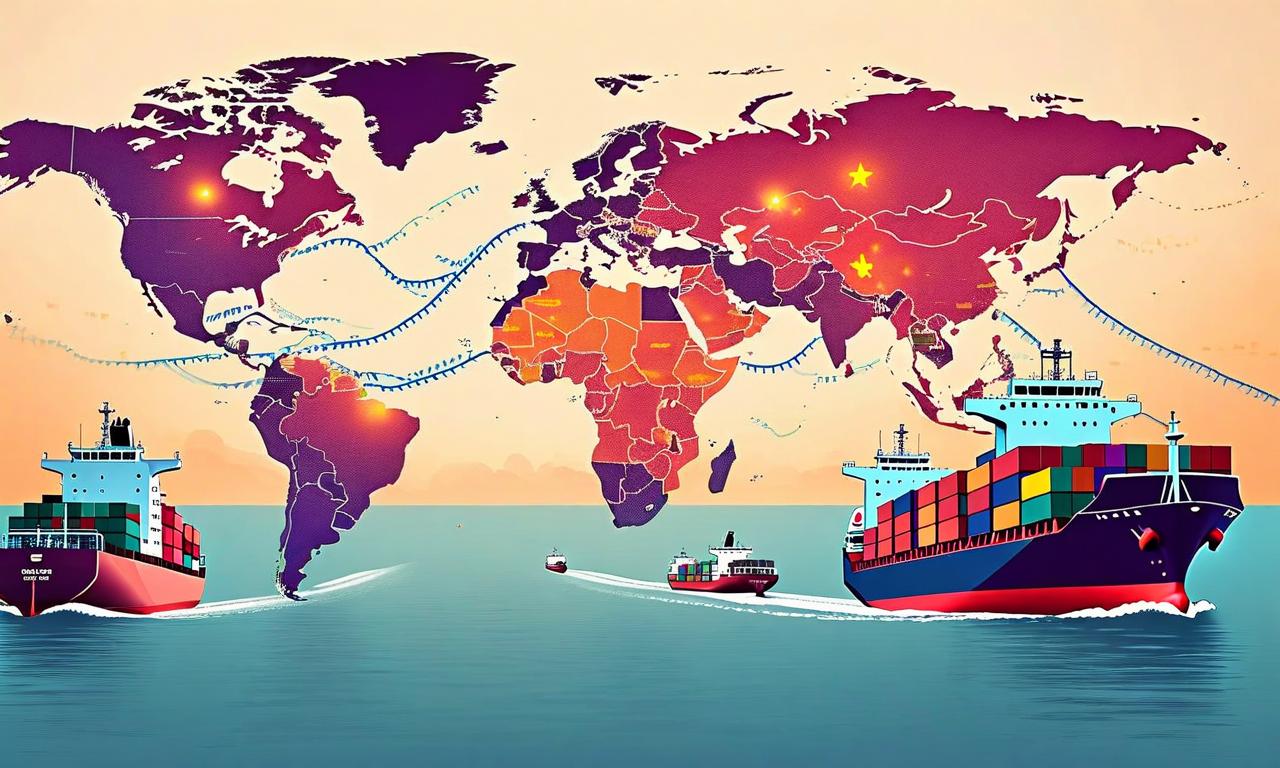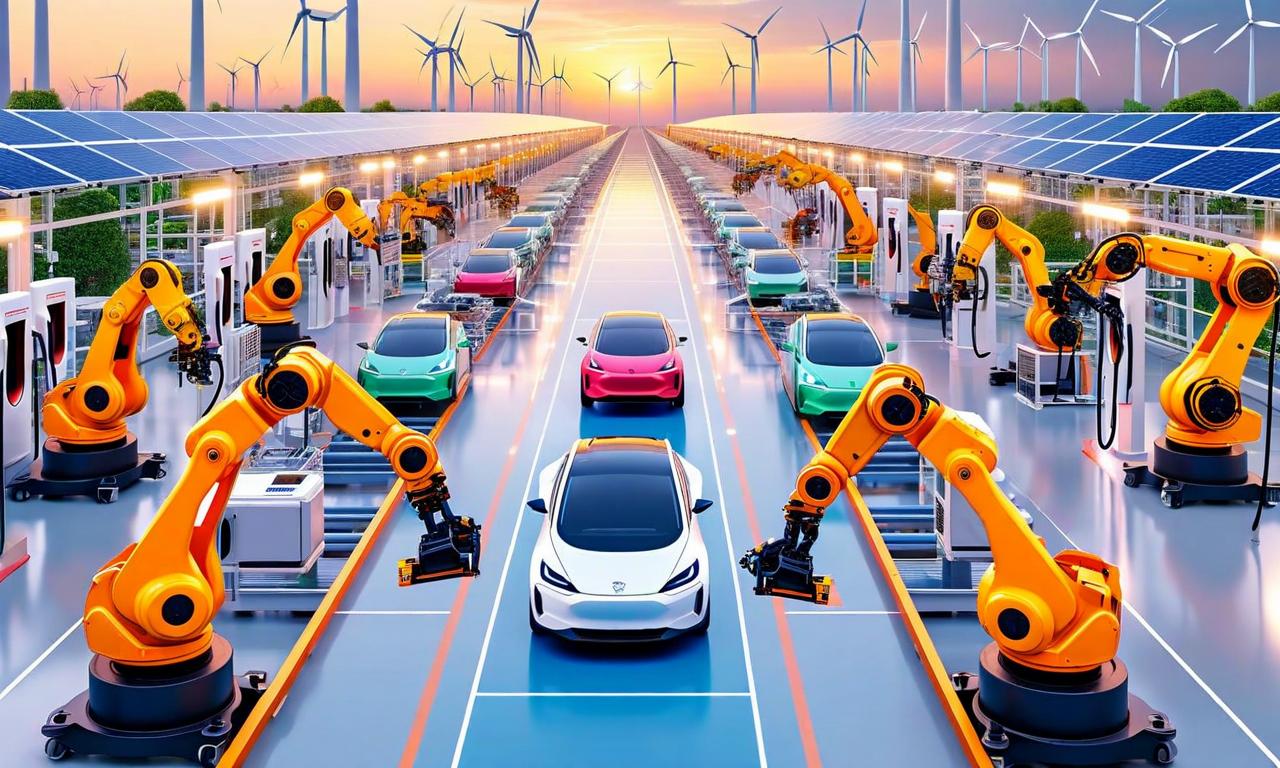UK PM Sunak Rules Out China Trade Deal, Focuses on Other Agreements
UK Prime Minister Rishi Sunak announced that China is not being considered for potential trade deals, marking a significant shift in the UK's international trade strategy. This decision could impact UK-China relations across economic, diplomatic, and strategic sectors. The UK is likely to focus on strengthening trade partnerships with Commonwealth countries, exploring opportunities with emerging markets, and deepening ties with traditional allies. This move comes amid evolving global trade dynamics influenced by geopolitical tensions and supply chain concerns.

*this image is generated using AI for illustrative purposes only.
UK Prime Minister Rishi Sunak has made a significant announcement regarding the country's trade policy, stating that China is not being considered for potential trade deals. This decision marks a clear stance in the UK's international trade strategy, particularly concerning its relationship with the world's second-largest economy.
UK's Trade Strategy
Sunak's statement reflects a shift in the UK's approach to international trade relations, especially in the post-Brexit era. While China has been excluded from the list of potential trade partners, the Prime Minister has expressed a commitment to pursuing trade agreements with other countries.
Implications for UK-China Relations
This decision could have far-reaching implications for UK-China relations, potentially affecting various sectors including:
- Economic cooperation
- Diplomatic ties
- Strategic partnerships
Focus on Alternative Trade Partners
With China off the table, the UK is likely to intensify its efforts to secure trade deals with other major economies. This could include:
- Strengthening existing partnerships within the Commonwealth
- Exploring new opportunities with emerging markets
- Deepening trade ties with traditional allies such as the United States and European nations
Global Trade Landscape
Sunak's announcement comes at a time when the global trade landscape is evolving rapidly. Factors influencing this shift include:
- Geopolitical tensions
- Supply chain resilience concerns
- Changing economic priorities post-pandemic
While the Prime Minister's statement provides a clear direction for the UK's trade policy, the full impact of this decision on the country's economic growth and international relations remains to be seen. As the situation develops, it will be crucial to monitor how this strategy unfolds and its effects on the UK's position in the global economy.

























